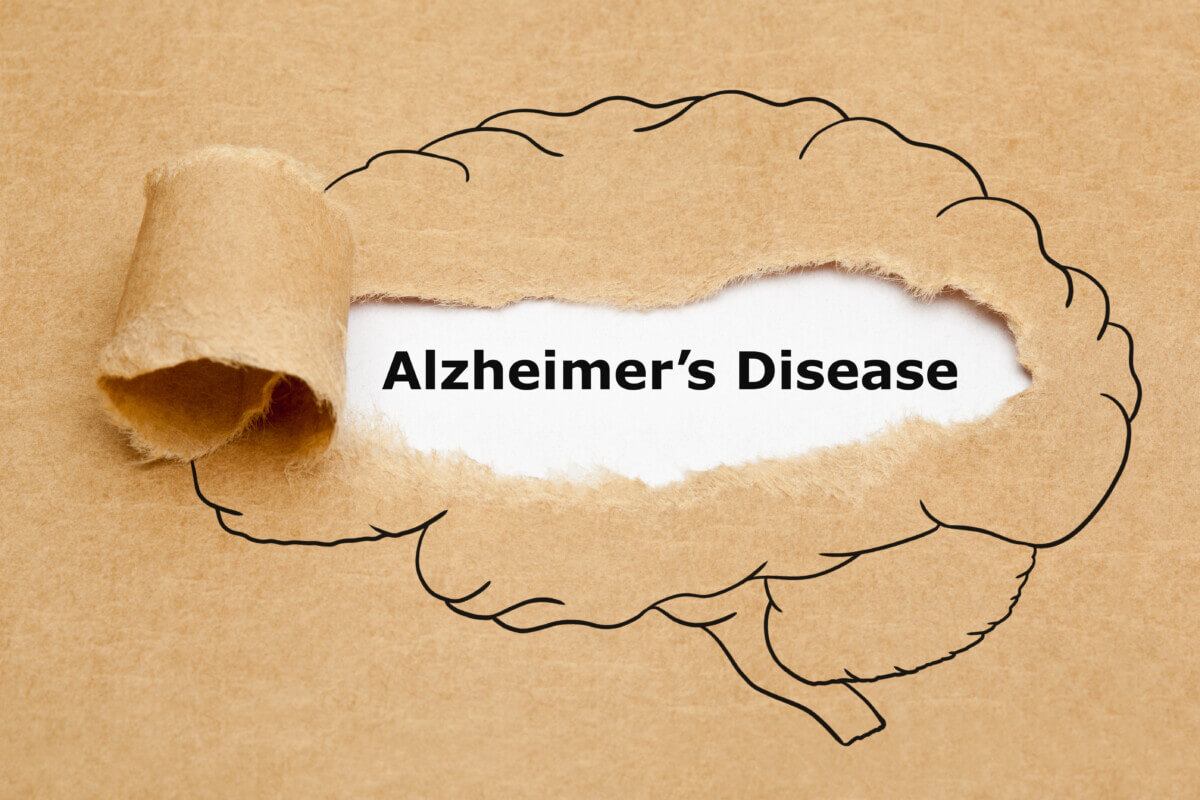
(© Ivelin Radkov - stock.adobe.com)
SAN DIEGO — In the ongoing quest for a breakthrough in the fight against Alzheimer's disease, a burgeoning field of medicine is igniting fresh optimism. Stem cell therapies, already deployed to treat diverse cancers and blood-related disorders, are now revealing a potential avenue in the battle against Alzheimer's. Scientists from the University of California-San Diego are offering a glimpse of hope, using stem cell transplants to fight against the condition's debilitating symptoms.
The study showcases the effectiveness of transplanting hematopoietic stem and progenitor cells in alleviating Alzheimer's symptoms in mice with the disease. The research demonstrates that mice receiving healthy hematopoietic stem cells exhibited better memory and cognitive function, reduced neuroinflammation, and notably diminished β-amyloid accumulation — a harmful buildup of proteins that are a hallmark of Alzheimer's.
“Alzheimer's is a very complex disease, so any potential treatment has to be able to target multiple biological pathways,” says the lead author of the study, Dr. Stephanie Cherqui, a professor at UC San Diego School of Medicine, in a university release. “Our work shows that hematopoietic stem and progenitor cell transplantation has the potential to prevent complications from Alzheimer's and could be a promising therapeutic avenue for this disease.”

The potential success of this therapy hinges on its impact on microglia, a type of immune cell in the brain. These cells are implicated in the onset and progression of Alzheimer's disease. Chronic inflammation in microglia has been linked to the disease, as it triggers the release of inflammatory substances that contribute to the production of β-amyloid, a protein involved in the disease's progression. In healthy conditions, microglia also play a crucial role in clearing β-amyloid plaques, but this function is impaired in Alzheimer's. This accumulation of β-amyloid also affects other brain cells and hampers blood flow to the brain.
Dr. Priyanka Mishra, the study's first author, and a postdoctoral researcher, aimed to determine whether stem cell transplants could facilitate the generation of new, healthy microglia, thereby curbing Alzheimer's progression. The Cherqui lab had already achieved success with similar stem cell transplants in treating mouse models of other diseases.
Through systemic transplantation of healthy hematopoietic stem and progenitor cells into Alzheimer's mice, the researchers observed the differentiation of these cells into microglia-like cells in the brain.
The study's findings indicated that memory loss and cognitive decline were effectively halted in the mice receiving stem cell transplants. These mice exhibited better object recognition, risk perception, anxiety levels, and locomotor activity compared to untreated Alzheimer's mice.
Upon examining the mice's brains, the researchers noted a significant reduction in β-amyloid plaques in the hippocampus and cortex of mice treated with healthy stem cells. The transplant also led to decreased microgliosis and neuroinflammation, while maintaining the integrity of the blood-brain barrier.
By analyzing gene expression, the researchers found that stem cell therapy led to reduced expression of genes linked to diseased microglia and endothelial cells, further bolstering the treatment's efficacy against Alzheimer's pathology. Crucially, a separate group of mice receiving stem cells from Alzheimer's mice showed no signs of improvement, underscoring that the disease-related information was retained within those cells.
While the study offers promising results in mice, future research will delve into the mechanisms behind the therapy's effectiveness and explore the possibility of translating these findings to humans suffering from Alzheimer's.
“Alzheimer's disease poses a major emotional and economic burden on our society, yet there is no effective treatment available,” says Cherqui. “We are excited to see such promising preclinical results from hematopoietic stem cell therapy and look forward to developing a new therapeutic approach for this devastating disease.”
The study is published in the journal Cell Reports.










